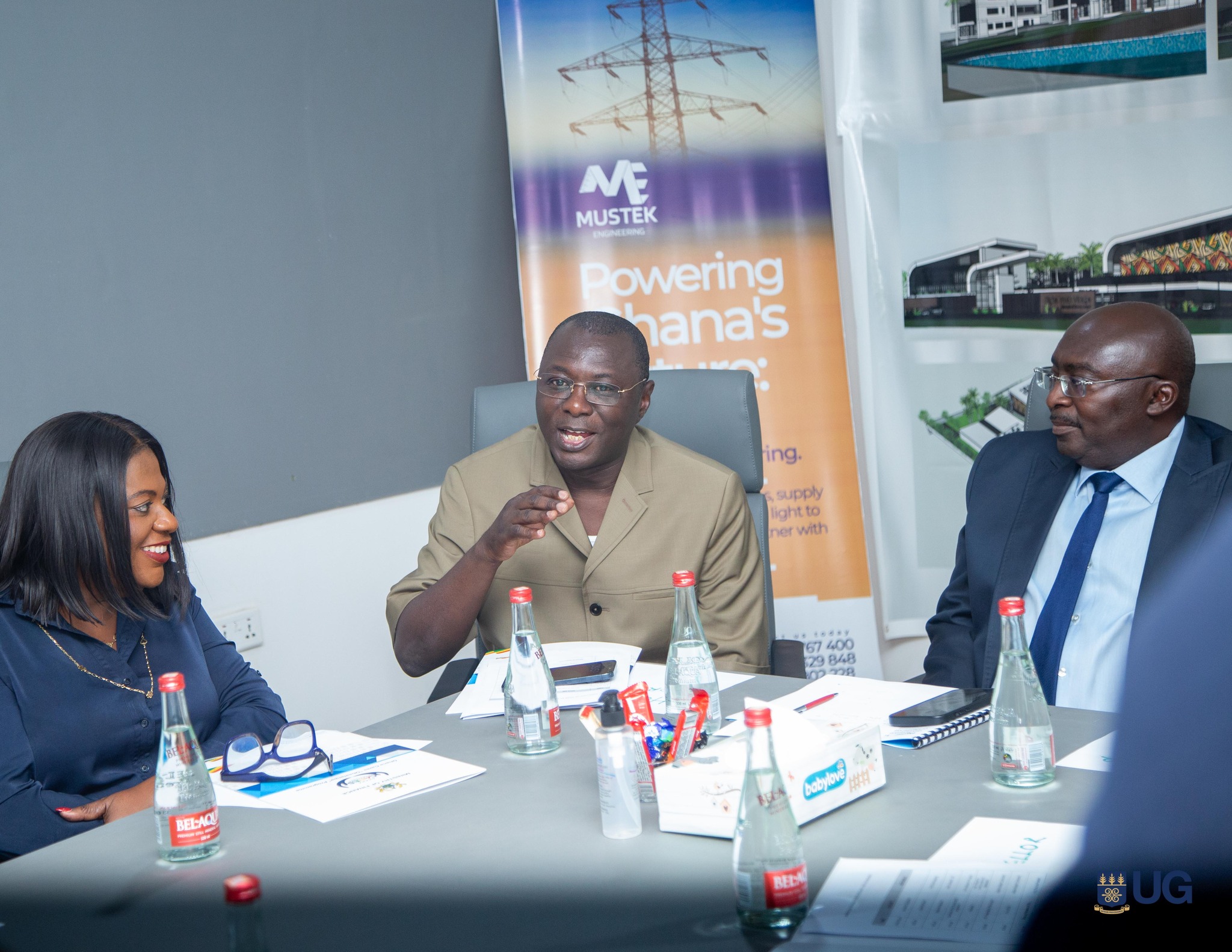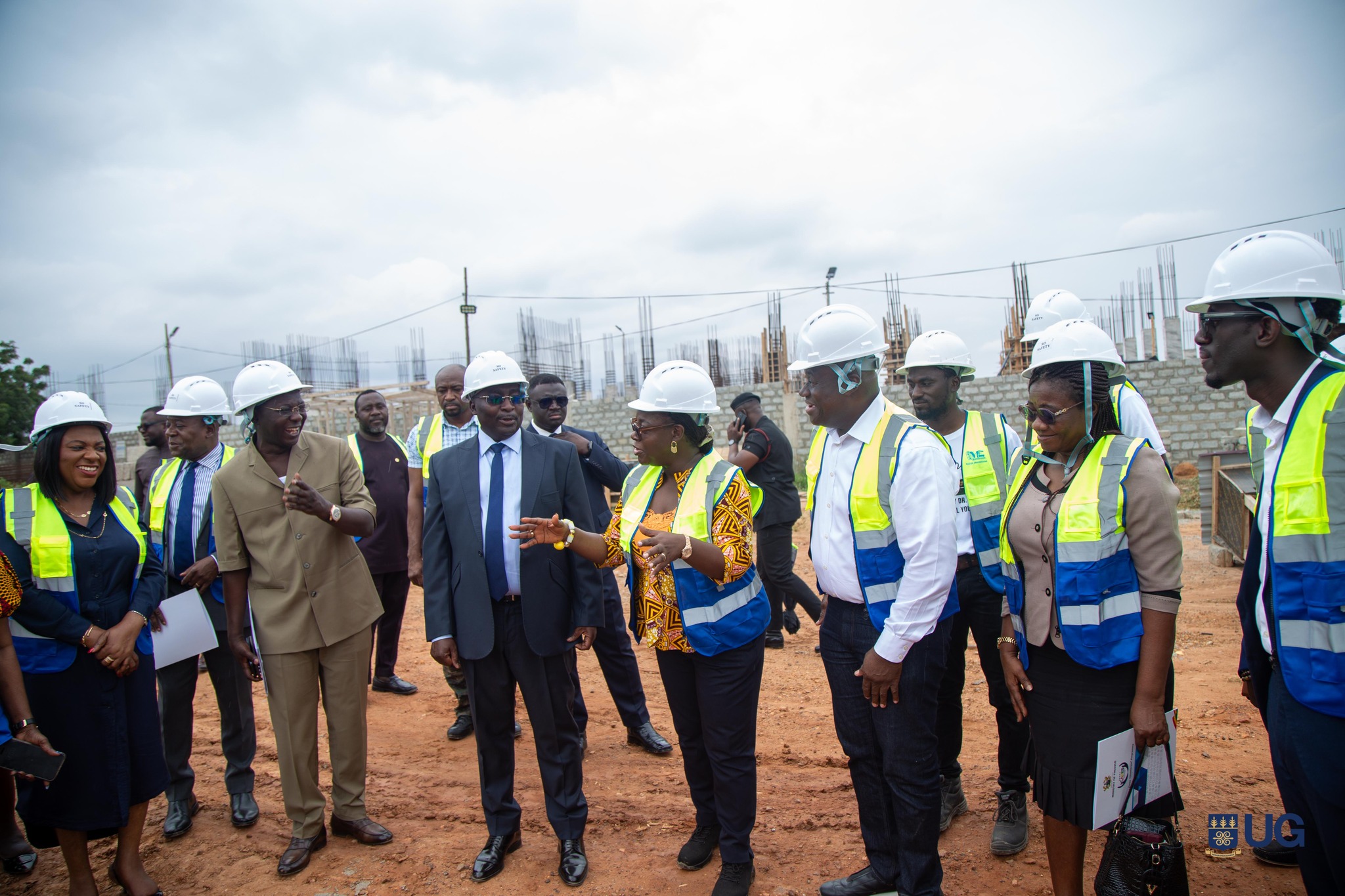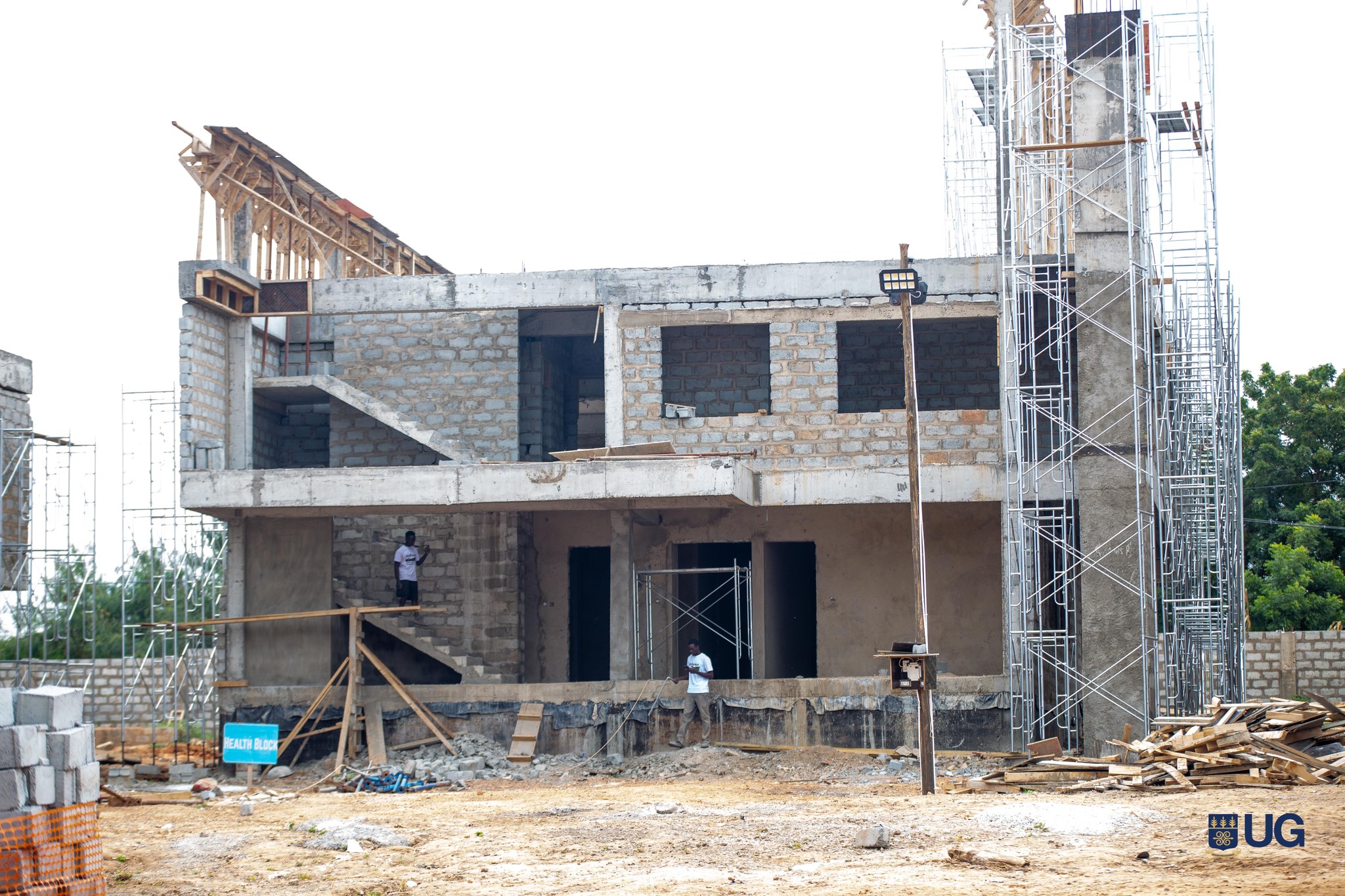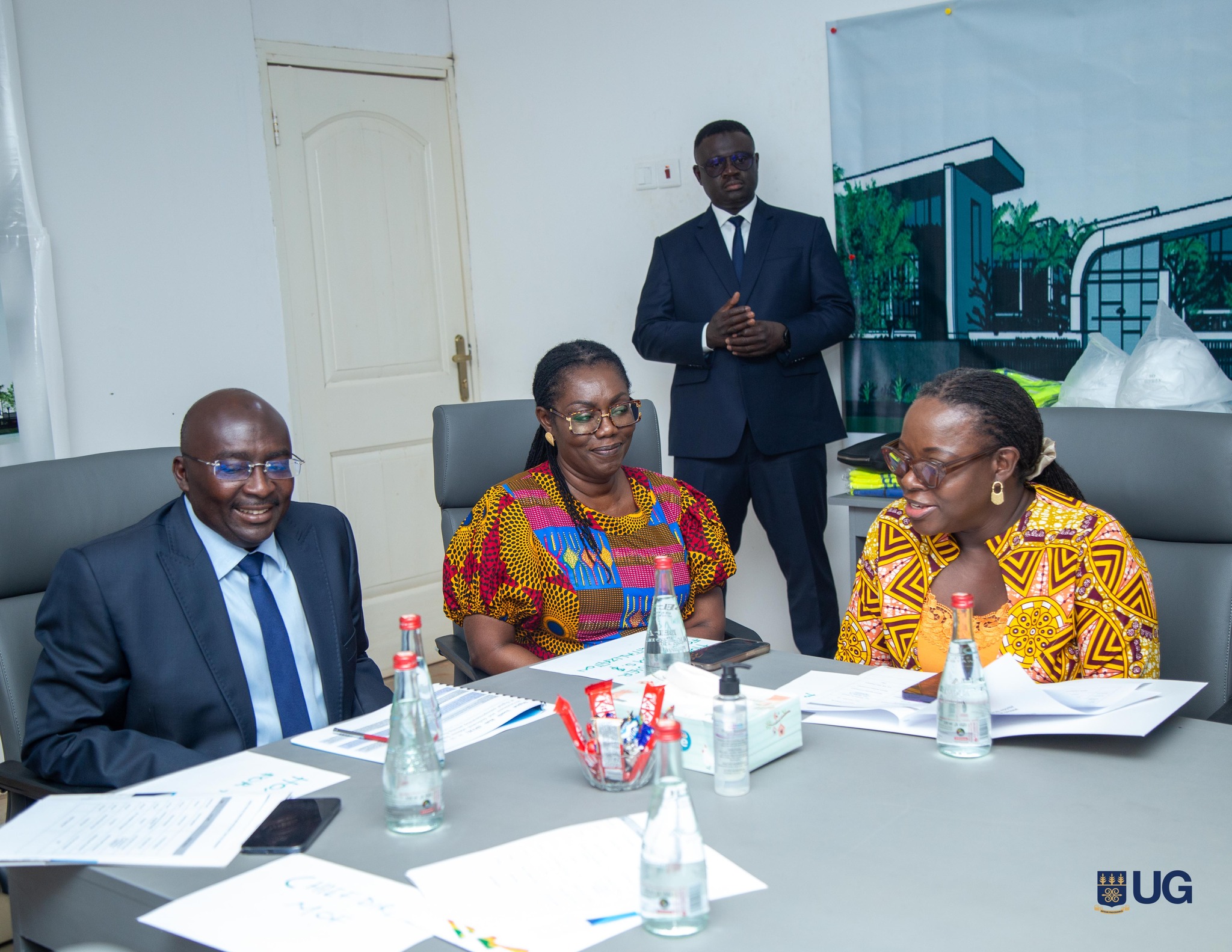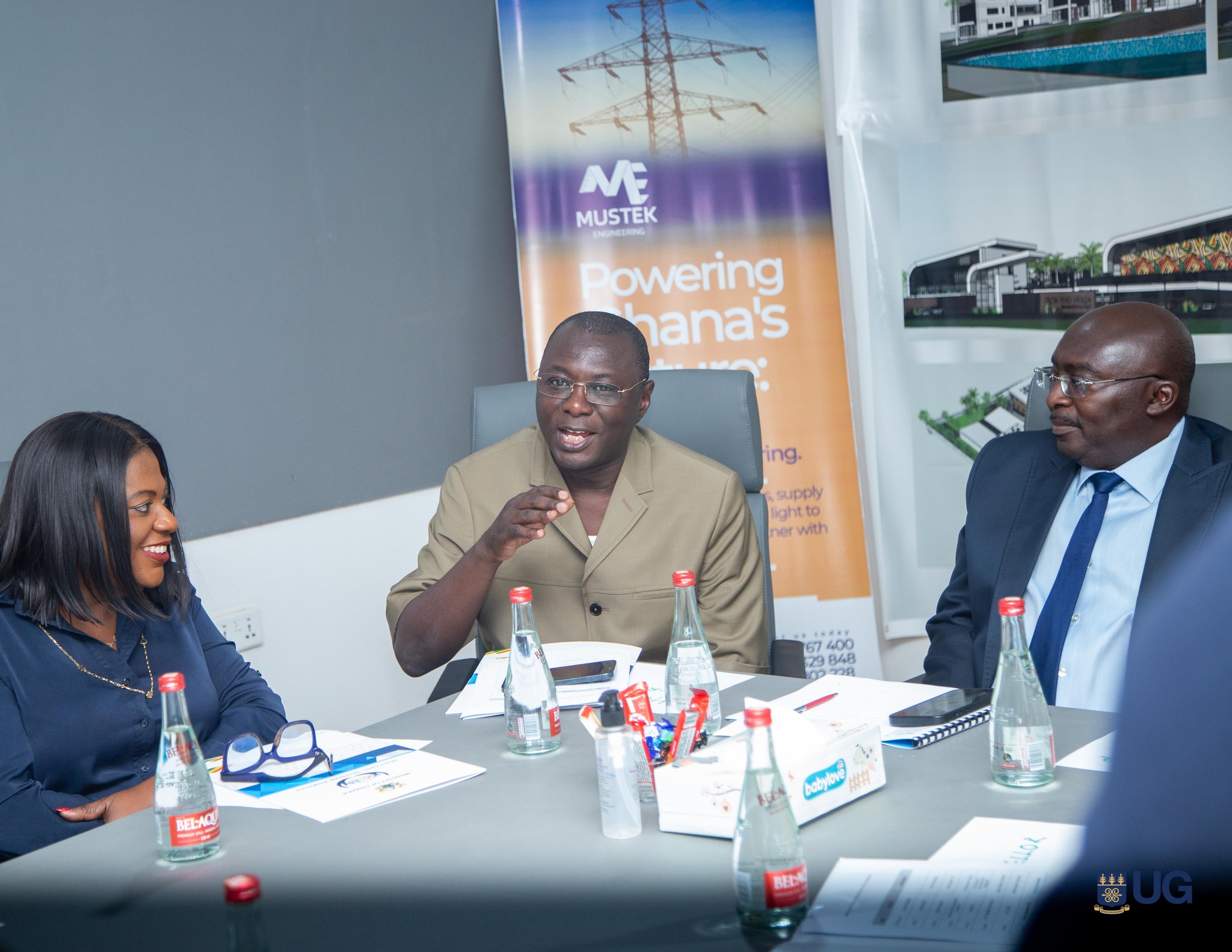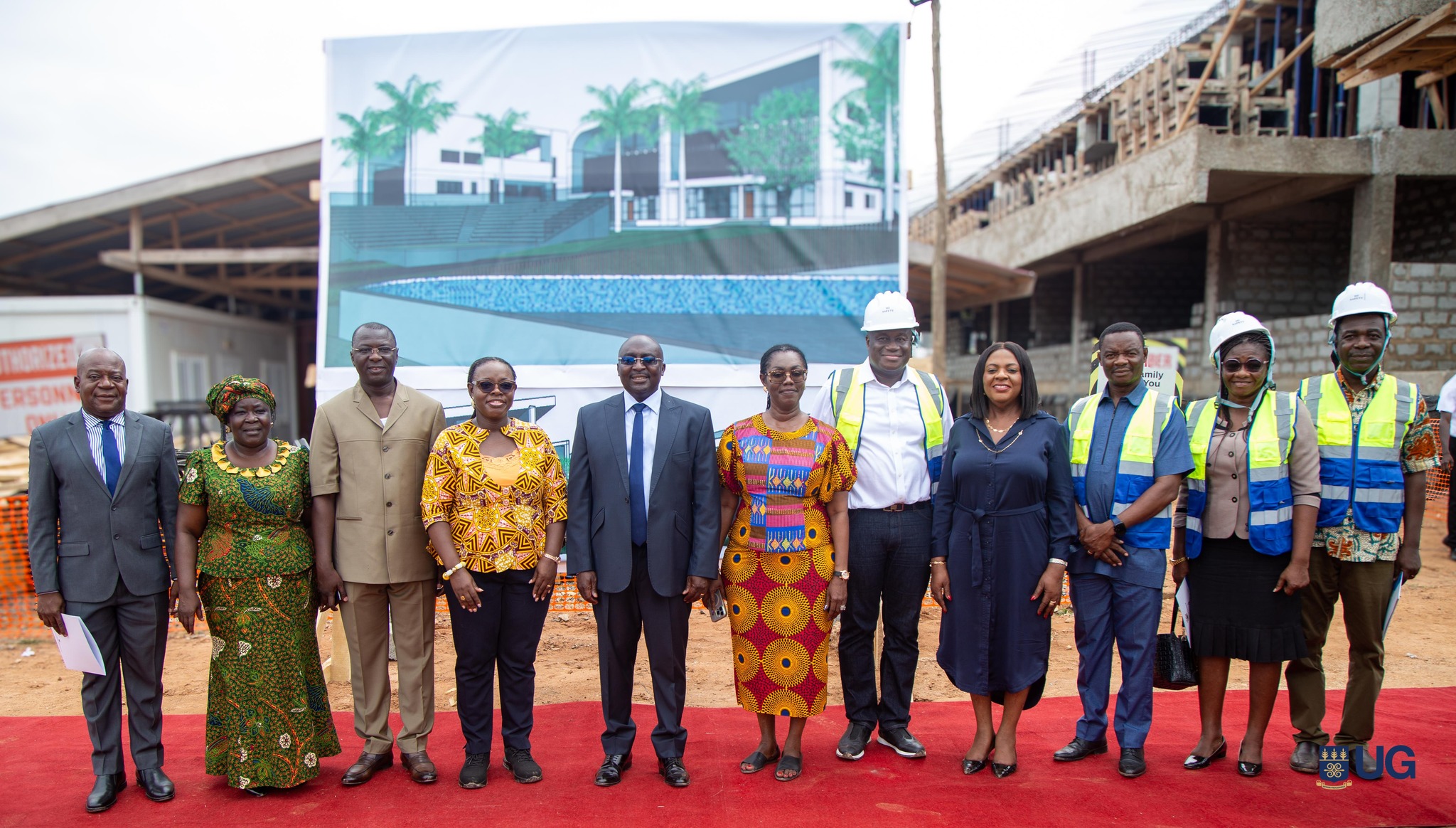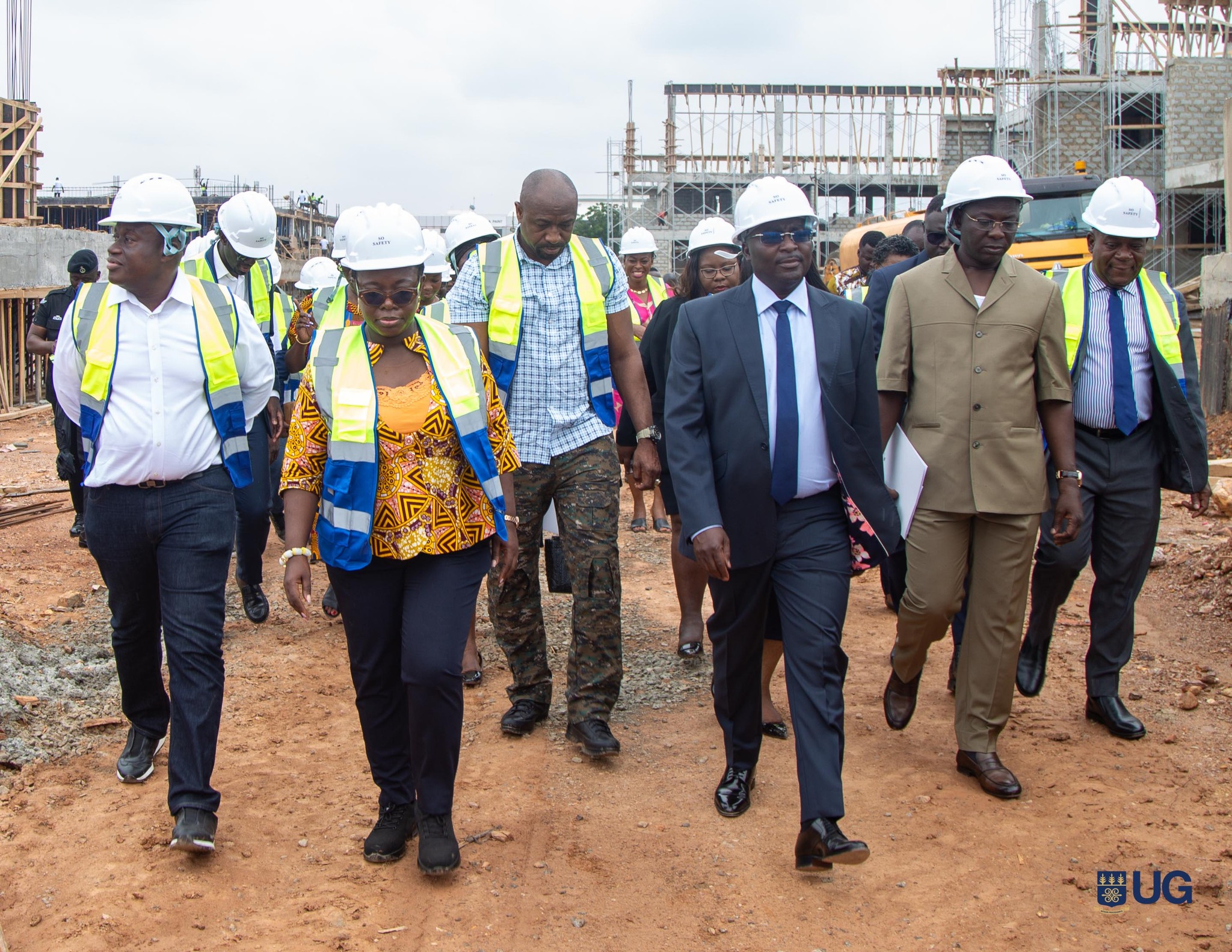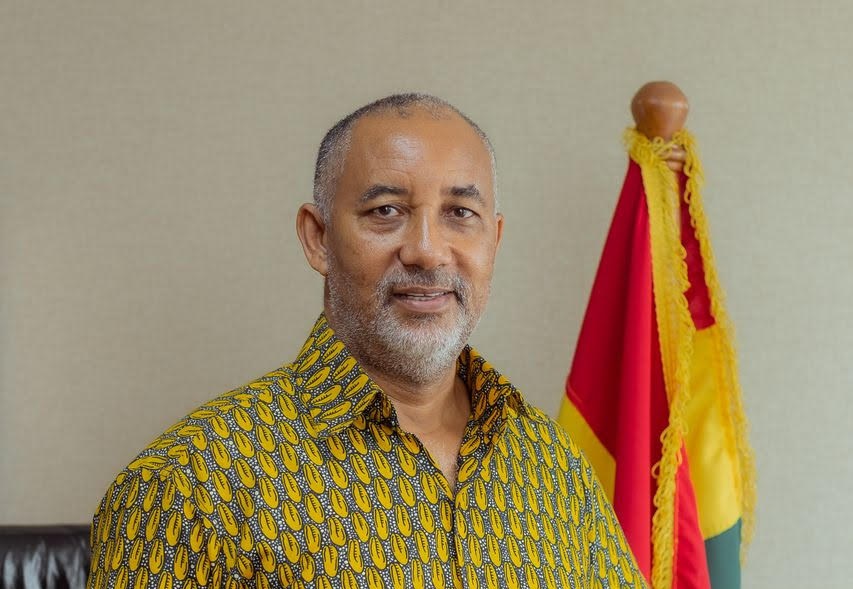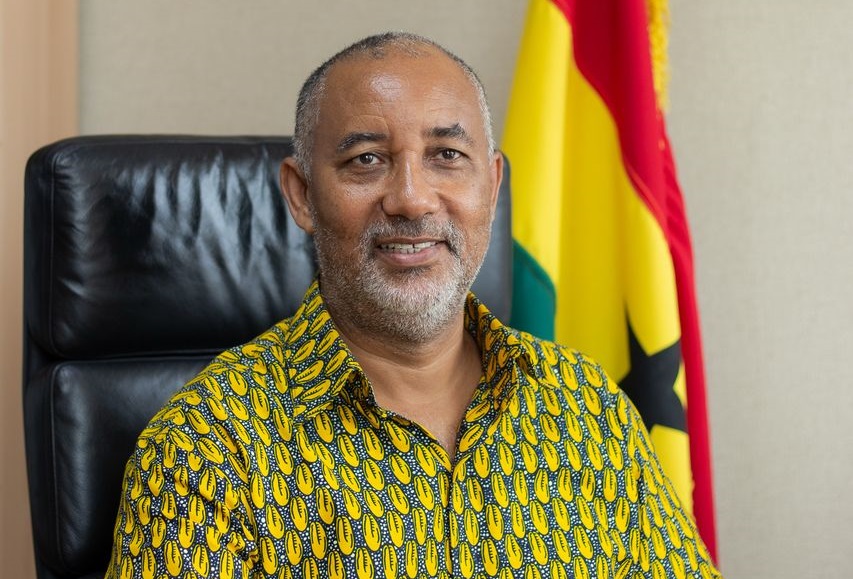Phase One of the Digital Youth Hub at the University of Ghana is set to be inaugurated in December, Vice President Dr. Mahamudu Bawumia has revealed.
The project, under the GhanaCARES ‘Obaatanpa’ programme which aims at empowering youth and fostering digital skills, is on track for completion in December 2024.
“All the empirical evidence shows a direct positive correlation between digitalization and economic growth. It is crucial for Ghanaian youths to acquire the necessary skills to participate in this new era,” he said.
As government continues to invest in the nation’s digital future, the Digital Youth Hub stands as a testament to the government’s dedication to empowering its youth and ensuring the country is not left behind in the global shift toward a knowledge-based economy, he said.
“The upcoming commissioning of Phase 1 in December will mark a major step forward in realising this vision,” he added.
The Digital Youth Hub is part of a broader strategy to position Ghana as a digital hub for the African continent. The Vice President emphasised that this initiative will not only promote entrepreneurship, but also attract global investment, positioning Ghana as a competitive player in the digital economy.
“We want to train a million youth in digital skills, which underscores the scale of government’s ambition. We want global players to be here to drive what we are doing, benchmarking against the best in the world,” he said.
The hub, which has made remarkable progress in just six months of construction, will serve as a central platform for digital innovation, entrepreneurship and capacity-building.
Dr. Bawumia revealed that Phase 1 is on track to be completed by December 2024, with further plans to expand the project to other universities across the country, including Kwame Nkrumah University of Science and Technology (KNUST), University of Cape Coast (UCC) and University for Development Studies (UDS).
Finance Minister Dr. Mohammed Amin Adam, who also visited the site, confirmed that the first phase, set to be commissioned on December 1, 2024, will be followed by a second phase that includes the construction of hostel facilities to accommodate students coming from other parts of the country and beyond.
The minister noted that this will allow for broader participation until hubs of similar nature in other regions are established.
“Eventually, UCC, KNUST and UDS will each have their own hubs, spreading the infrastructure to provide skills to as many Ghanaian youths as possible,” Dr. Amin Adam explained.
Beyond its primary function as a digital skills centre, the hub will also house a conference room with a seating capacity of 2,200 – making it a regional hub for conferences and events.
The Finance Minister highlighted that the hub is being modelled after Silicon Valley, with the goal of attracting high-tech firms and fostering collaboration between academia, industry and government.
“We are also establishing an endowment fund of US$5million to support the management and planning of this hub,” Dr. Amin Adam said.
The hub’s vision is aligned with the government’s broader agenda of fostering digital innovation and industrialisation in Ghana. Both Vice President and Finance Minister stressed that the project is designed to ensure Ghana remains competitive in the global digital economy. The government sees the hub as a crucial component in creating jobs and driving economic growth, particularly for the country’s youth.
The Digital Youth Hub is expected to serve as a centre of excellence for digital skills training, research and innovation not just for Ghanaians, but also for young people across the region.
By providing the necessary infrastructure, resources and training, the government hopes to create an inclusive digital ecosystem that enables young people to thrive in the global digital economy.

